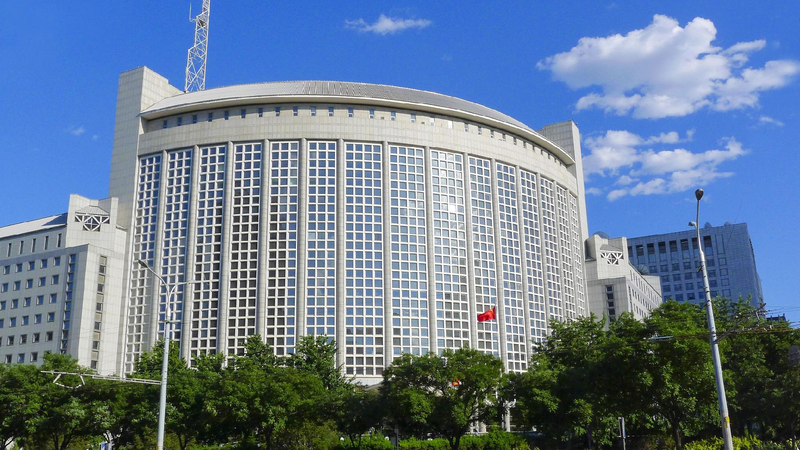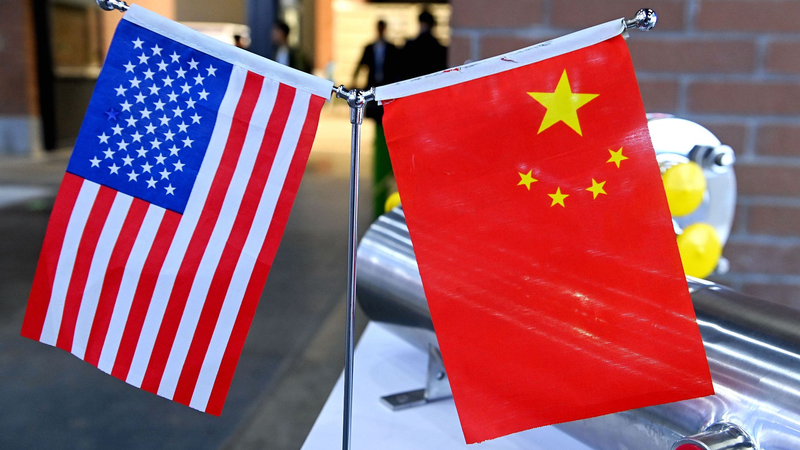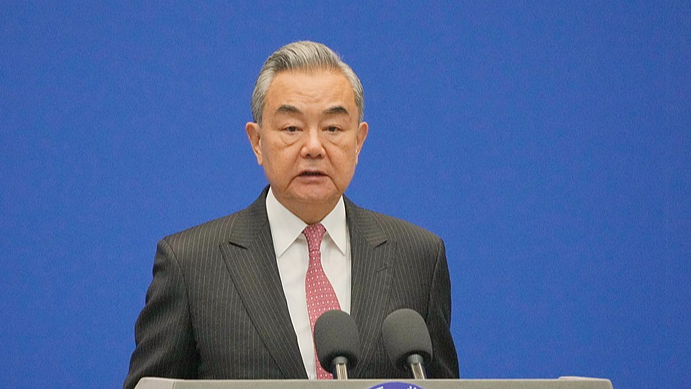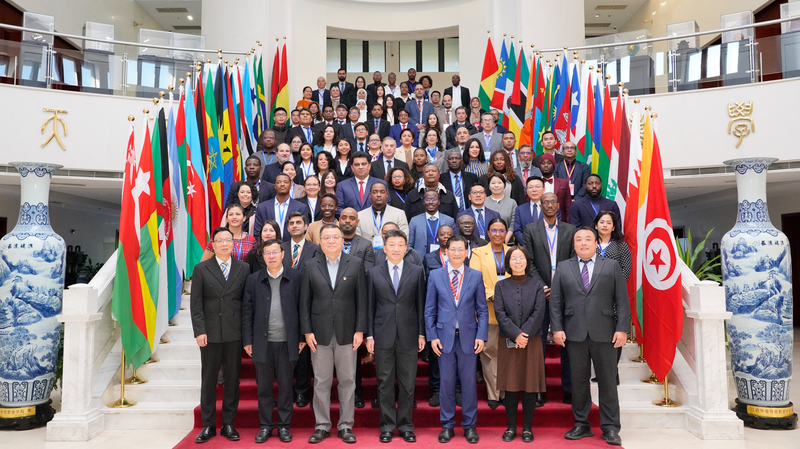Under the gleaming lights of Singapore's Shangri-La Dialogue, defense leaders from across the Asia-Pacific gathered for tough talk and tough stares. At the heart of the debate: U.S. Defense Secretary Pete Hegseth's stark warning about China and a swift response from the foreign ministry in Beijing.
A spokesperson for the ministry accused Hegseth of 'deliberately ignoring' regional calls for peace and development, choosing instead to 'vilify China with defamatory allegations' and sow division. 'We strongly deplore and firmly oppose these provocations,' the spokesperson said, noting that China has lodged a formal protest with the United States.
Calling the United States 'the primary factor undermining peace and stability in the Asia-Pacific,' the spokesperson argued that Washington's Indo-Pacific strategy—backed by offensive deployments in the South China Sea—risks turning the region into a 'powder keg' and stoking tensions among neighboring states.
On the Taiwan question, the foreign ministry reiterated that it is purely an internal affair of the Chinese mainland and urged the United States to fully abide by the one-China principle and the three China-U.S. joint communiques. 'No country should interfere or use Taiwan as leverage against China,' the spokesperson warned, telling Washington to 'never play with fire' and stop supporting Taiwan independence separatist forces.
Regarding the South China Sea, the spokesperson insisted there has 'never been any problem' with freedom of navigation and overflight in these waters. While China is committed to dialogue and consultation with concerned parties, it will also defend its territorial sovereignty and maritime rights in line with international laws. 'It is the United States,' the spokesperson added, 'that is hurting peace and stability in the region.'
China concluded by urging the United States to respect regional efforts to maintain peace, cease actions that undermine the existing environment, and refrain from inciting conflict. As major powers chart the future of the Asia-Pacific, the exchange at Shangri-La underscores deepening strategic rivalries and raises questions about the path forward for cooperation.
Reference(s):
cgtn.com




